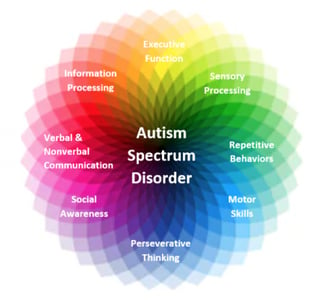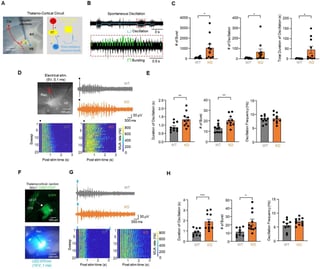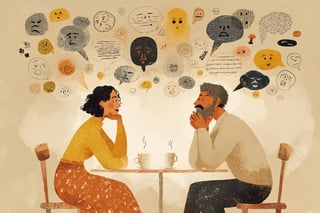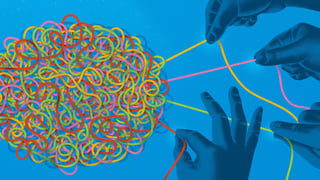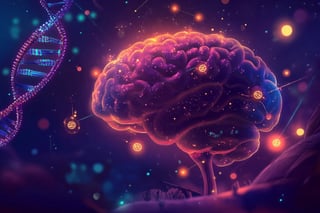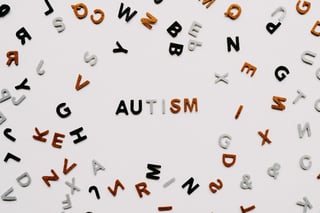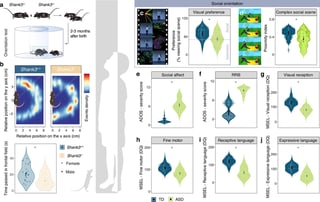The autism spectrum, often referred to as just autism, autism spectrum disorder (ASD) or sometimes autism spectrum condition (ASC), is a neurodevelopmental disorder characterized by difficulties in social interaction, verbal and nonverbal communication, and the presence of repetitive behavior and restricted interests. Other common signs include unusual responses to sensory stimuli, and an insistence on sameness or strict adherence to routine. Autism is generally understood to be a spectrum disorder, as it can manifest differently in each person: any autistic individual is likely to show some, but not all, of the characteristics associated with it, and the person may exhibit them to varying degrees and frequencies. There is large variation in the support needs of autistic people, and some are nonspeaking, while others have proficient spoken language. While psychiatry has traditionally classified autism as a neurodevelopmental disorder, the autism rights movement and some researchers see autism as part of neurodiversity, the natural diversity in human thinking and experience, with strengths, differences, and weaknesses. According to this view, autism is not pathological, but autistic people may still be disabled or have high support needs. This view of the condition has led to controversy among those who are autistic and advocates, practitioners, and charities. There are many theories about what causes autism; it is highly heritable and believed to be mainly genetic, but many genes are involved, and environmental factors may also be relevant. The syndrome frequently co-occurs with other conditions, including attention deficit hyperactivity disorder, epilepsy, and intellectual disability. Disagreements continue, about questions such as what should be included as part of the diagnosis, whether there are meaningful subtypes of autism, and the significance of autism-associated traits in the wider population. The combination of broader criteria and increased awareness has led to a trend of steadily increasing estimates of autism prevalence, causing a misconception that there is an autism epidemic and perpetuating the myth that it is caused by vaccines. There is no cure for autism. Early behavioral interventions may help children gain self-care, social, and language skills, but independent living is unlikely in those with higher support needs, and intervention can require finding and learning alternative modes of communication. The atypical antipsychotic drugs risperidone and aripiprazole are well-established for alleviating the associated symptoms of irritability. From Wikipedia
